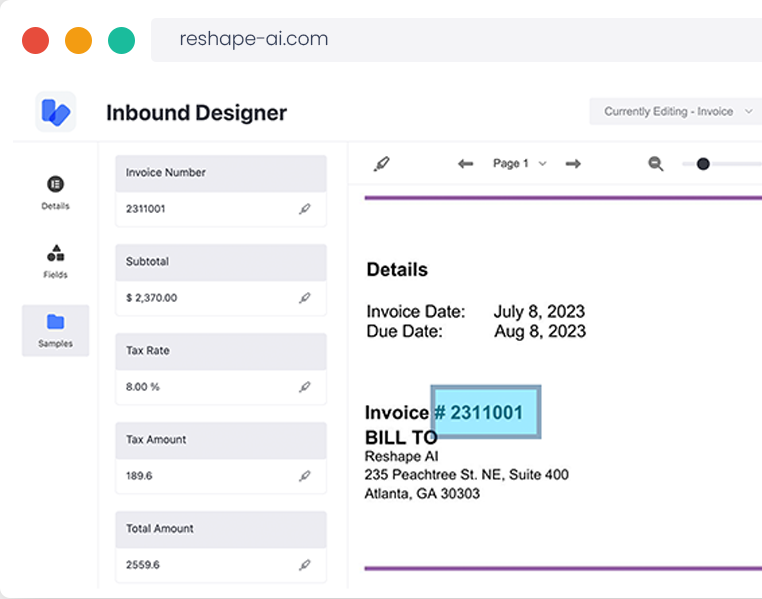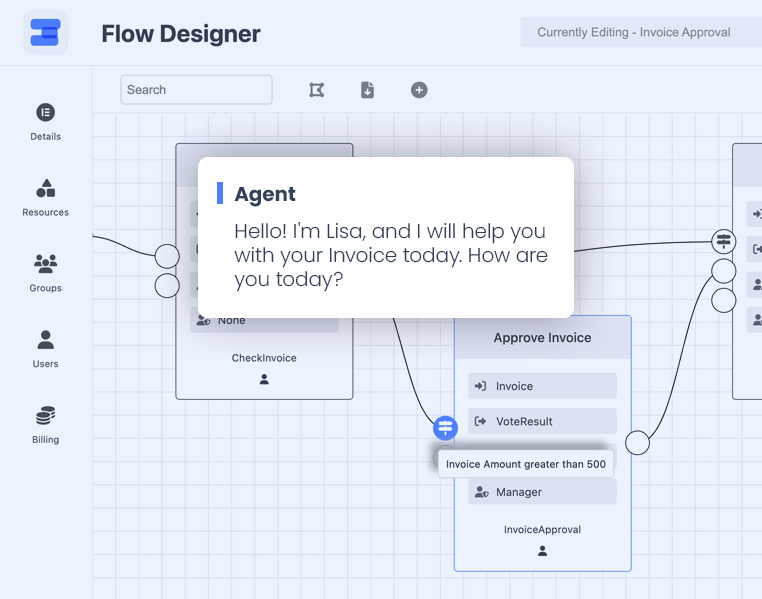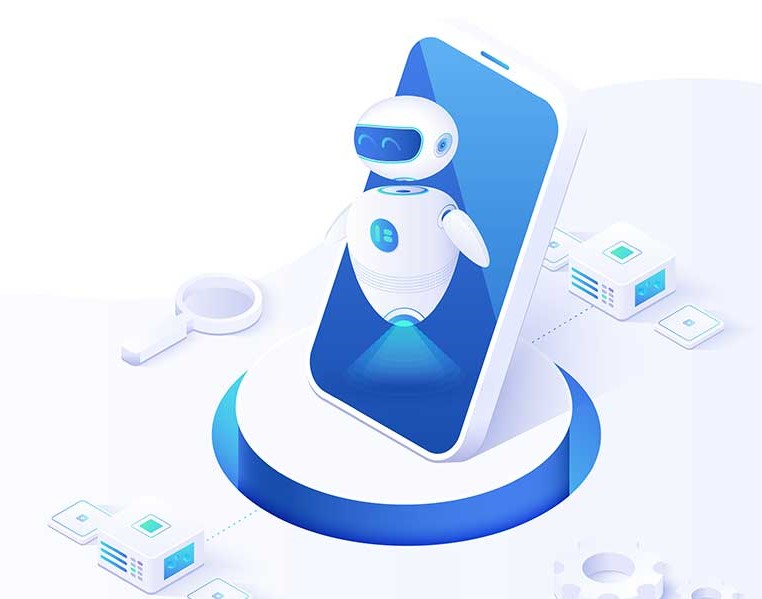The dawn of generative AI has taken the world by storm. Only six months after OpenAI’s ChatGPT made its entrance, companies across the globe have rapidly integrated this technology into their workflows, with some leading firms employing it among half of their workforce. The excitement is palpable as new products infused with generative AI spring up daily, promising innovation and efficiency in countless sectors.
But there’s a catch: the data driving these large language models (LLMs) and transformer models, including ChatGPT, Stable Diffusion, and Midjourney, originates from human sources—books, articles, photographs, etc., created without AI’s assistance. As AI increasingly generates and publishes content, a pressing question looms large: What will happen when AI models begin to train on AI-generated content rather than human-made material? Researchers have recently dived into this issue, uncovering some disconcerting findings for the future of generative AI technology.
The Inevitable Cycle of Model Collapse: Understanding Its Origins and Implications
A group of researchers has recently pinpointed an unsettling phenomenon known as “model collapse” as AI models increasingly learn from other AI-generated data. This degenerative process leads to a significant distortion in how the models perceive reality, causing irreversible defects in the models themselves. Here’s how they explained this phenomenon:
- Learning from Other Models: Training on data produced by other models causes the models to forget the true underlying data distribution, leading to an inevitable degeneration even under almost ideal conditions.
- Quick Collapse: Surprisingly, this collapse happens rapidly, with models quickly forgetting the original human-created data.
- Misrepresentation of Minority Data: Models tend to misrepresent less popular data, leading to a distortion of minority characteristics.
- Potential Discrimination: The issue may lead to serious implications, like discrimination based on gender, ethnicity, or other sensitive attributes.
The discoveries surrounding model collapse shed light on a crucial issue facing the AI industry. While it's easy to get caught up in the excitement and opportunities that generative AI presents, the potential for model collapse must not be overlooked. This research emphasizes the importance of retaining human-produced datasets and understanding the complex dynamics of how models learn. Even with the looming risk of model collapse, strategies can be put in place to mitigate its effects, but it requires concerted efforts from both researchers and industry professionals.
An absolutely valid point, though I suspect it will largely go unaddressed. Most seem too preoccupied, either leaping at the multitude of opportunities ushered in by recent AI advancements or stirring up an existential frenzy over them. While the concerns regarding ‘model collapse’ are real, it’s essential to view them in the broader context of complex system evolution. In nature, degenerative processes often signify necessary evolutionary shifts, and their presence in our learning models might likewise hint at an inherent aspect of learning and adaptation.
While we appreciate the general sentiment and understand the concerns raised about the potential for ‘model collapse,’ it’s crucial to bear in mind that these processes are not unique to artificial models but are a feature of all complex systems, including human genetics. By recognizing that such degeneration may be an inherent part of learning models, we can better approach strategies to manage and optimize it, rather than fruitlessly attempt to completely eliminate it. The researchers’ findings may guide future research in this direction, and as we embrace the age of generative AI, a more comprehensive understanding of these phenomena will be vital to harnessing their full potential without losing sight of the underlying human touch.










